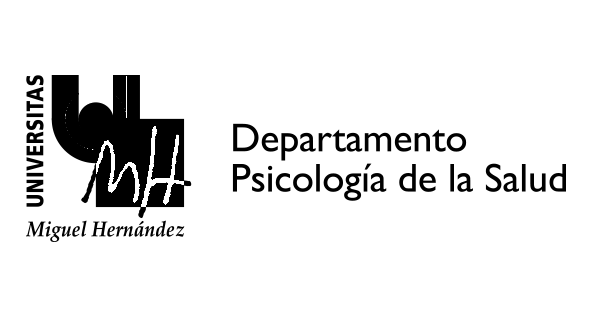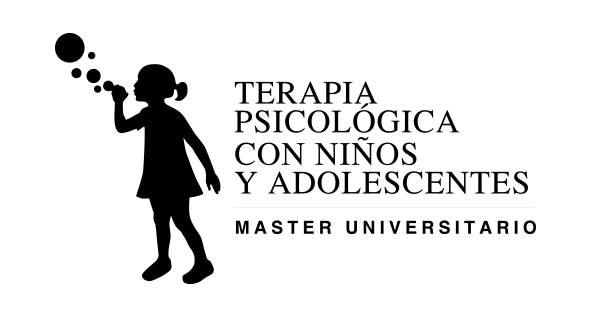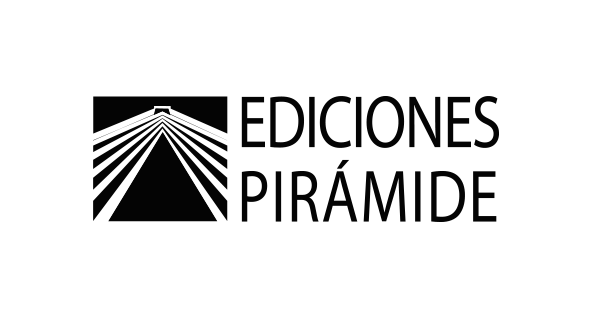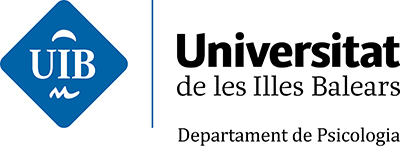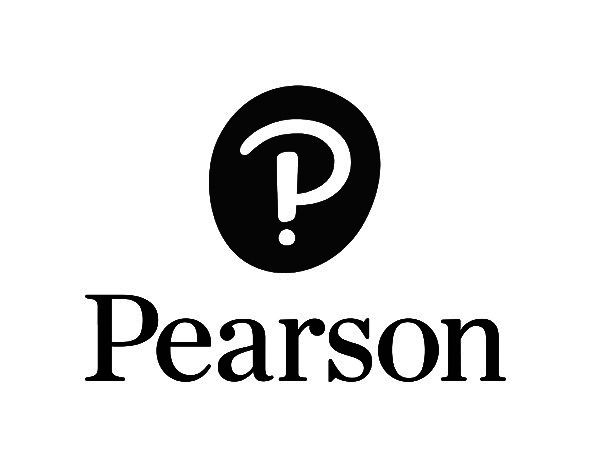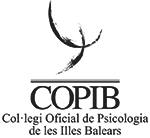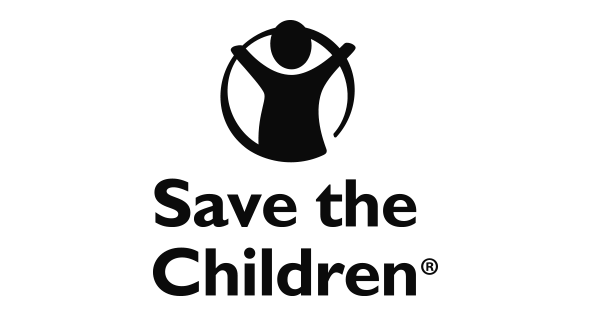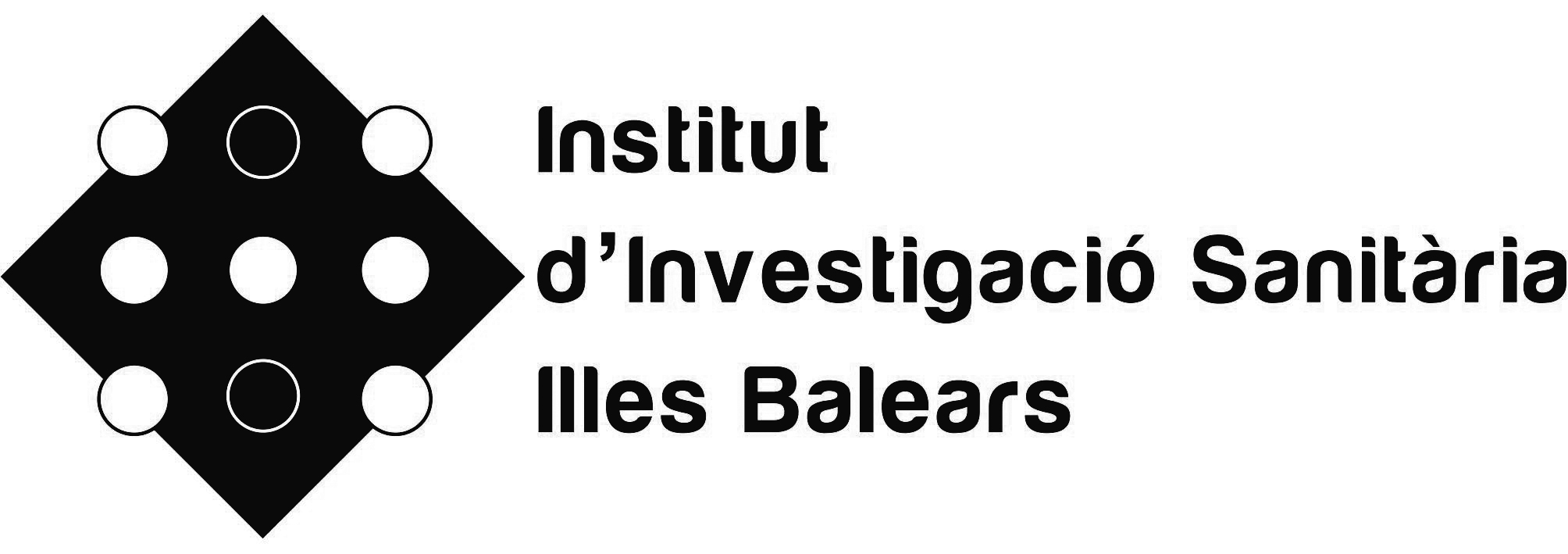Alexander Muela
University of the Basque Country UPV/EHU, Spain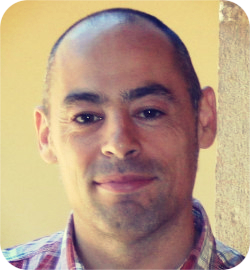
ANIMAL-ASSISTED INTERVENTIONS IN CHILD AND ADOLESCENT HEALTH
Abstract
Animal-assisted interventions (AAI) are activities that involve the participation of animals in therapeutic interventions, in order to promote social, emotional, physical and cognitive benefits, thereby helping to improve their quality of life and even help in their recovery, from the knowledge of the needs of the person. These interventions include animal-assisted education, animal-assisted activities, and animal-assisted therapy. Currently, the AAI, both in its therapeutic and educational areas, are widely used in several fields of health and education with children, adolescents, adults and the elderly. For example, they are applied in the intervention with children and adolescents with learning disabilities, autism, people with serious illnesses (HIV, multiple sclerosis, cancer, and palliative care units), adolescents and adults with psychiatric problems, people with disabilities, people with aphasia and language problems, etc. However, in the several meta-analyzes carried out to examine the validity of the IAA, despite having proven their effectiveness, the need to conduct more research is examined to get to know what situations, in what populations and under what conditions AAI can be beneficial for health. The present monographic table presents several emerging intervention programs with AAI for the treatment of the psychosocial consequences of exposure to situations of gender violence, as well as for the treatment of children with functional diversity and / or risk of social exclusion.
He holds a PhD in Psychology and he is a Professor in the Faculty of Psychology of the University of the Basque Country UPV / EHU. He is also a psychologist specializing in psychotherapy and has authorization to carry out health activities in psychology care units. He currently teaches courses related to psychological treatment both in the Degree in Psychology and in the Master of General Health Psychology. He is a member of the Qualiker research group of the UPV / EHU. He has participated in many research projects related to the psychological treatment for children and young people who are in situations of child protection. In addition, he has published numerous publications related to these research areas. He has worked as a psychologist in the Prevention, Childhood and Family Service of the Department of Social Welfare of the City of Donostia-San Sebastián. In addition, he has worked as a clinical psychologist of children and adolescents victims of child abuse and their respective families in family intervention programs in agreement with the social services of several public institutions and in multiple areas of the child protection system (residential care, fostering, and minors at risk of being unprotected). He has extensive experience in the psychotherapeutic approach of victims of violence (gender violence, sexual abuse, etc.) that present a symptomatology associated with post-traumatic stress. Likewise, he has implemented intervention programs with abusers and people who have committed criminal acts and are in prison. He has been accredited by the European Federation of Associations of Psychologists (EFPA) as Psychologist Specialist in Psychotherapy and by EuroPsy (European Certificate in Psychology, established by the EFPA) to be enrolled in the Register of European Psychologists, in the professional context of Clinical and Health Psychology. He is a member of the Psychotherapy Division of the General Council of Psychology and a Member of the Global Network of Clinical Practice of the World Health Organization (WHO).




